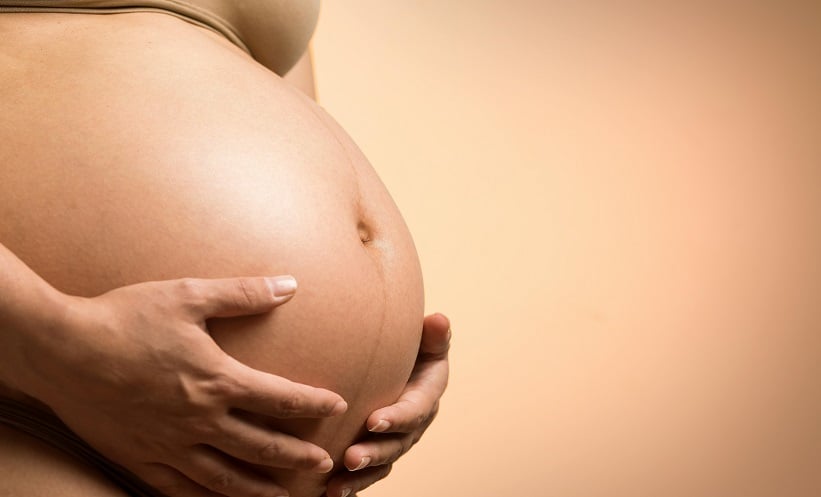GESTATIONAL carriers (surrogates) face higher risks of severe maternal morbidity and adverse pregnancy outcomes compared to women who conceive naturally or through in vitro fertilisation (IVF), suggests research presented at the European Society of Human Reproduction and Embryology (ESHRE) 40th Annual Meeting in Amsterdam, The Netherlands. The study, conducted in Ontario, Canada, analysed 937,938 singleton births between 2012 and 2021.
A gestational carrier is defined as a woman who bears a genetically unrelated child for another person or couple and typically IVF is used to fertilise the intended parent’s egg. This population-based study compared outcomes among unassisted conceptions, IVF conceptions, and gestational carriers. It focused on severe maternal morbidity rates, postpartum haemorrhages, and hypertensive disorders.
Gestational carriers experienced a severe maternal morbidity rate of 7.1%, significantly higher than 2.4% in unassisted conceptions and 4.6% in IVF conceptions. Postpartum haemorrhage rates were 13.9% for gestational carriers, compared to 5.7% in unassisted conceptions and 10.5% in IVF conceptions. Hypertensive disorders affected 13.9% of gestational carriers, compared to 6.6% in unassisted conceptions and 11.6% in IVF conceptions. However, despite these increased maternal risks, the study did not identify a significant difference in health outcomes for babies up to 28 days, and serious health problems were present in 6.5%, 6%, and 9.1% of neonates of gestational carriers, unassisted conceptions, and IVF conceptions.
Lead author, Marina Ivanova, Queen’s University, Kingston, Canada, concluded that gestational carriers are at higher risk for severe maternal morbidity and adverse pregnancy outcomes, possibly due to differences in baseline health, prenatal care, and the impacts of carrying a pregnancy for another person. However, these risks do not translate into worse neonatal outcomes. The findings highlight the need for optimal care and support for gestational carriers, and further investigation into the underlying mechanisms is warranted. The study also underscores the influence of socioeconomic status on reproductive health.
Abigail Craig, EMJ.
Reference
Ivanova, M et al. Severe maternal and neonatal morbidity among gestational carriers: A population-based cohort study. Hum Reprod. 2024.








